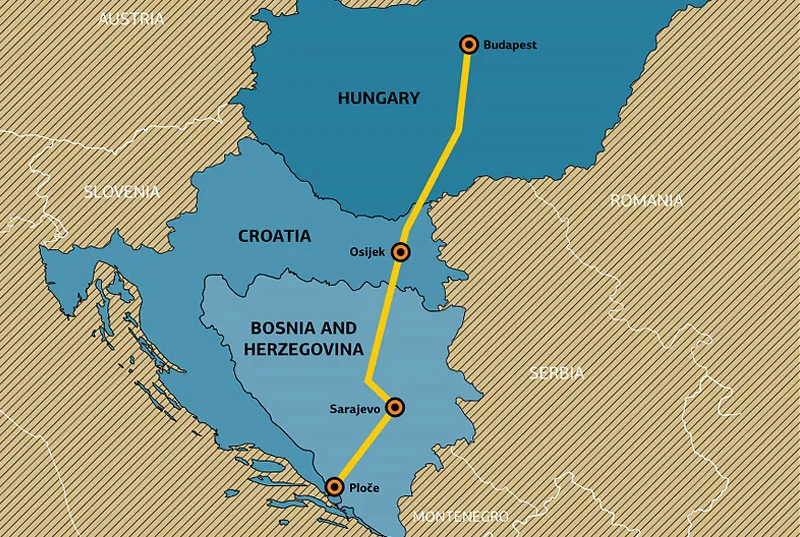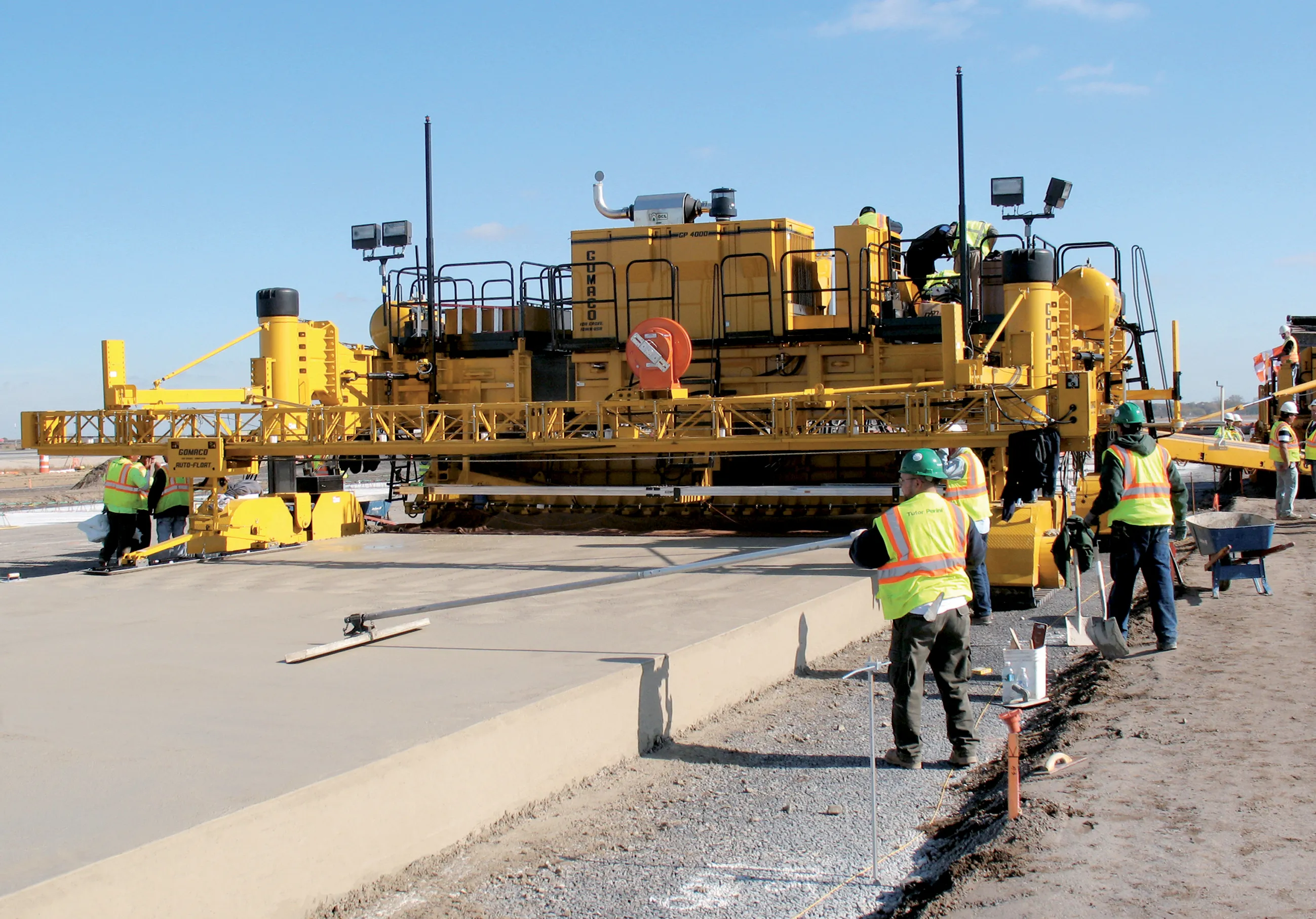A worrying report in Germany has revealed that up to 20% of the country’s bridges on its Federal Roads need refurbishing or rebuilding.
February 22, 2012
Read time: 1 min
A worrying report in Germany has revealed that up to 20% of the country’s bridges on its Federal Roads need refurbishing or rebuilding. The report has been released by Germany's Federal Transport Ministry and suggests that €6.8 billion will need to be spent. In all the Federal Roads in Germany have some 38,300 bridges. Meanwhile the country also has plans for 850 new bypass road sections, which is expected to cost €6.8 billion. However, repairs to road surfaces damaged by frost have been set as a higher priority than construction of new bypasses.







